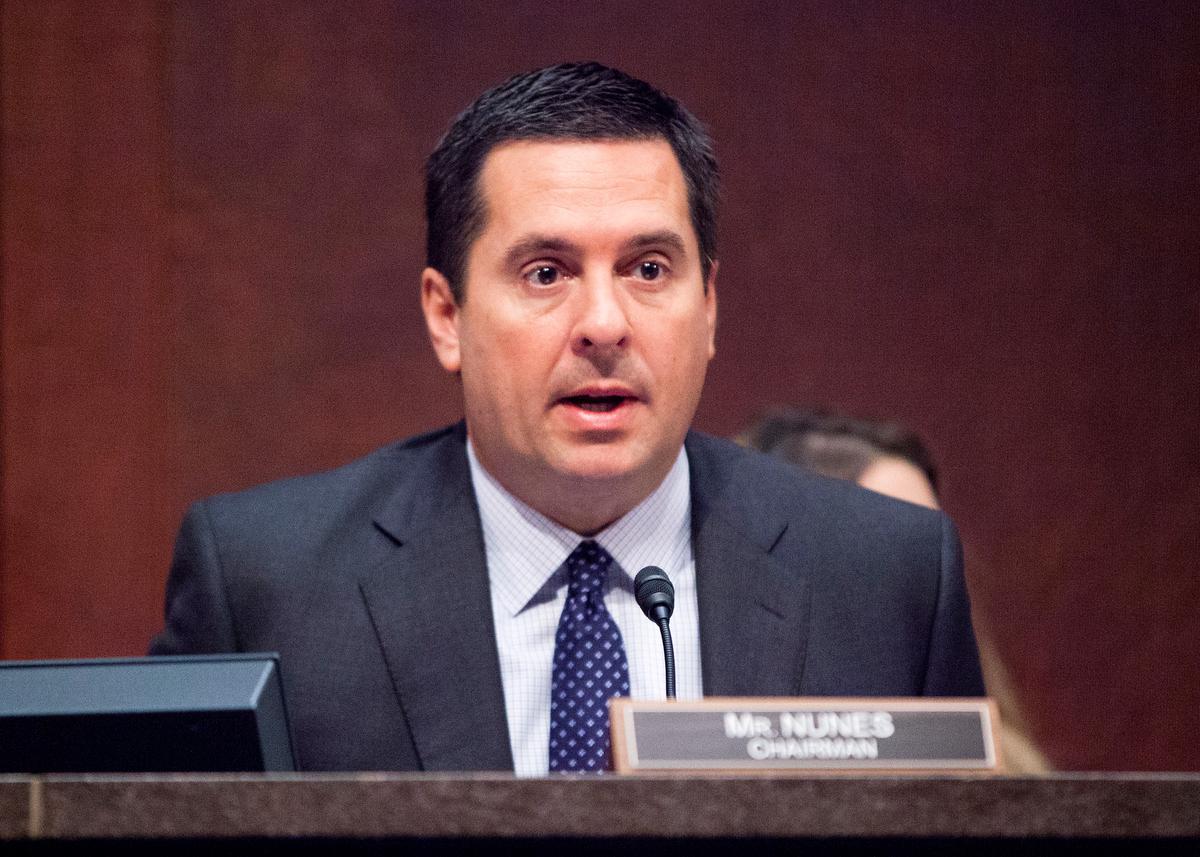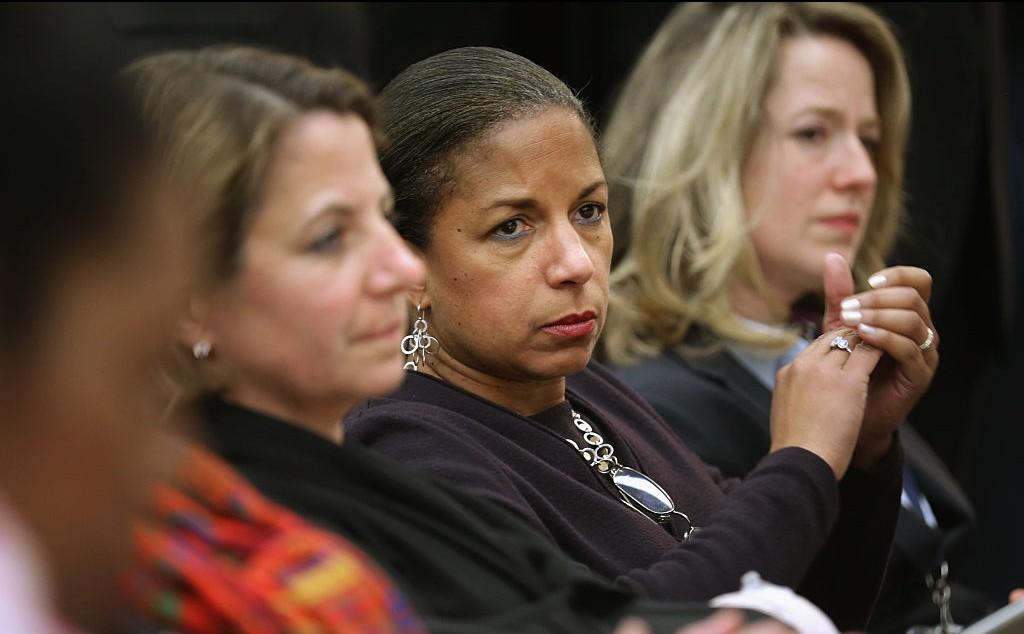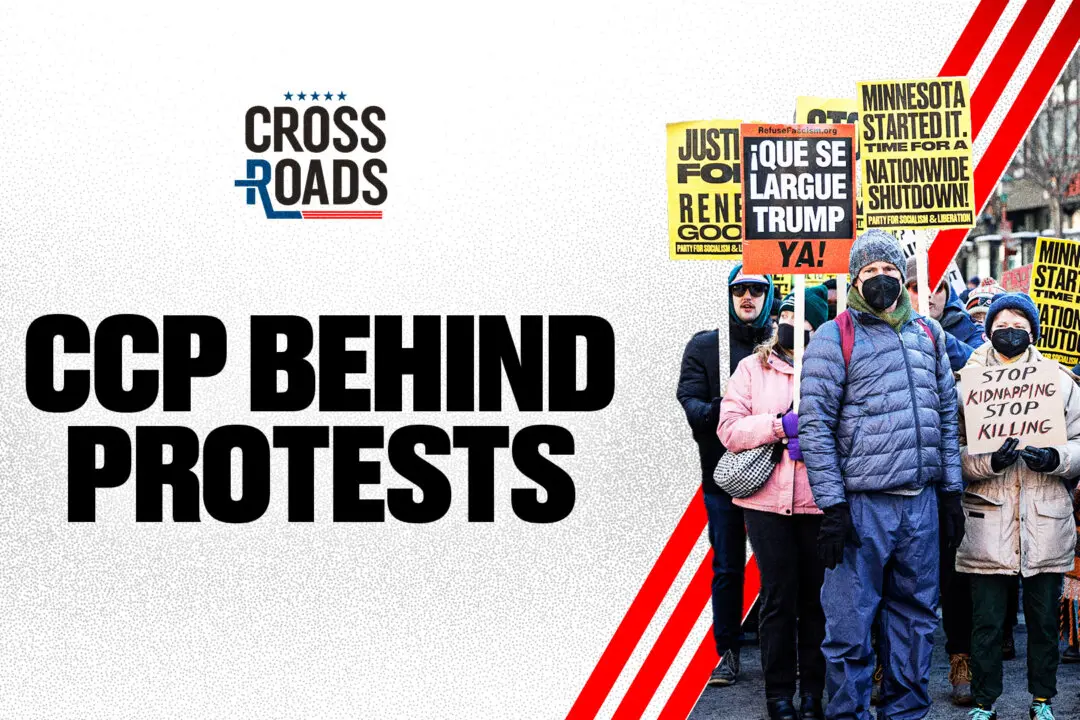Revelations that Susan Rice, the national security adviser under former President Barack Obama, requested the identities of members of President Donald Trump’s election campaign collected from intercepted communications, is raising concerns over the possibility the information was used for political purposes.
White House lawyers first discovered Rice’s requests in February, during a National Security Council review conducted by Ezra Cohen-Watnick, its senior director for intelligence, Bloomberg reported on April 3.
According to the report, Rice had requested the identities on dozens of occasions.
Typically, the identities of U.S. citizens are redacted if they are not the targets of surveillance, but an “unmasking” request can be made on a case-by-case basis.
The unmasking requests were made by Rice starting around July last year and increased following the elections, online news portal Circa reported, citing unnamed U.S. officials.






